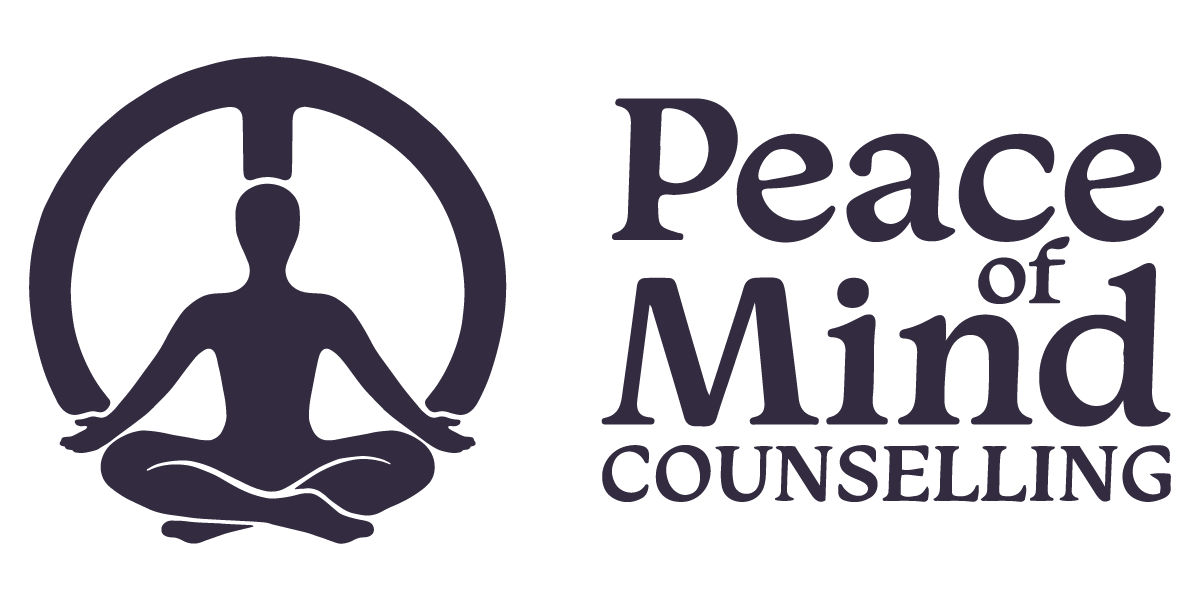Depression & Trauma
Feeling lonely, thinking, “I’m worthless” and self-isolating are part of depression and trauma.
How are depression and trauma linked?
If you have had a traumatic experience in your life, studies show that you are at a much higher risk of having depression. Why is this?
One reason is, that trauma profoundly affects the way we see ourselves, others and the world we live in. Cognitive Processing Therapy for PTSD (Resick et al., 2017) targets four main areas of thinking and the feelings that go with trauma contribute to depression. Consider our beliefs about safety, trust, power & control and esteem & intimacy (Resick et al., 2017). These are the areas most affected by trauma. If you believe that you are unsafe in many everyday situations, you will often have feelings of fear and an internal voice telling you, “danger, watch out”. Feeling unsafe all the time interferes with our ability to relax and enjoy even the simplest things. Having a sense of safety is essential for happiness. Can you think of any negative, or fear-inducing beliefs you hold regarding safety?
You might believe that you cannot trust others, the government or even yourself. Thoughts might be, “this person will let me down”, or “nobody has my back”. Being flooded with negative beliefs about whether we can trust our own judgement, or whether we can trust our neighbour or our government challenges our happiness and keeps us stuck in a negative pattern of thinking.
They don’t have my back.
If you believe you are powerless and have no control in your own life, you may be telling yourself that you are weak, or there’s no point in trying to achieve anything. Or you might be the opposite, believing that you have to control everything in your surroundings in order to be safe. Again, beliefs like this, which emerge from traumatic situations where you did not feel safe or have control, interfere with enjoyment of life. Negativity can take over all our thoughts which makes us feel bad.
Possibly the most closely linked with depression is the impact of trauma on how we think and feel about ourselves - our esteem. Being human, we calm our nervous systems through interacting and ‘co-regulating’ with others. When negative voices are telling us that we are worthless, useless, unlovable and so on, we have a much more difficult time feeling calm or safe, we can’t trust anyone and we feel powerless. This is when we really need the help of another person or other people to reach the feeling of safety. Once we can achieve that, we can build trust, learn to like and love ourselves, and others, get a sense of hope about being able to achieve things, which in turn gives our lives meaning.
In addition to cognitive therapies, I teach and practice mindfulness skills. Together in therapy, we recover a sense of safety, build trust and hope for ourselves. If you need help with depression, chances are good that being safe with another person and building a trusting relationship can lead to empowerment and recovery from trauma and depression.
Reference
Resick, P. A., Monson, C. M., & Chard, K. M. (2017). Cognitive processing therapy for PTSD: A comprehensive manual. The Guilford Press.



